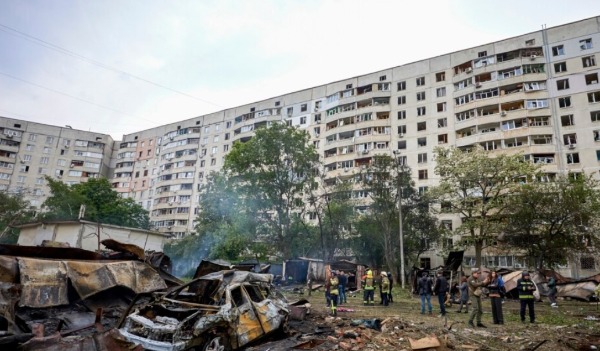At the European summit in Copenhagen, Belgium voiced strong opposition to proposals to use frozen Russian central bank funds to support Ukraine, warning of severe risks and legal uncertainties.
Belgian Prime Minister Bart De Wever criticized the initiative, led by German Chancellor Friedrich Merz, arguing that supporters were ignoring potential consequences.
“This is very, very dangerous,” De Wever said, citing risks of Russian retaliation, including possible expropriation of European companies’ assets in Russia and even threats against the head of Belgian financial institution Euroclear, which holds a large share of the frozen funds.
Despite Belgium’s concerns, Merz expressed confidence that the EU will reach a decision soon.
“Most likely, there will be a concrete decision at the next European Council in three weeks,” Merz stated, emphasizing that both the EU and the European Political Community were united in their determination. “Putin must not underestimate our resolve.”
Meanwhile, French President Emmanuel Macron urged European states to take stronger action against Russian drone incursions, stressing the need for immediate defensive responses.
“It is crucial to send a clear message: drones entering our territory carry great risks. They can be destroyed, period. We will do what is necessary,” Macron said.
On the question of Russian assets, Macron aligned with Belgium’s legal concerns, underlining the importance of upholding international law to preserve Europe’s credibility.
“Prime Minister De Wever is absolutely right to remind us of these rules. Europe is not a continent where one can suddenly seize the assets of any central bank. We respect international law,” Macron affirmed.
The debate highlights the growing pressure within the EU to balance legal integrity, financial risks, and the urgent need to support Ukraine amid Russia’s ongoing aggression.







